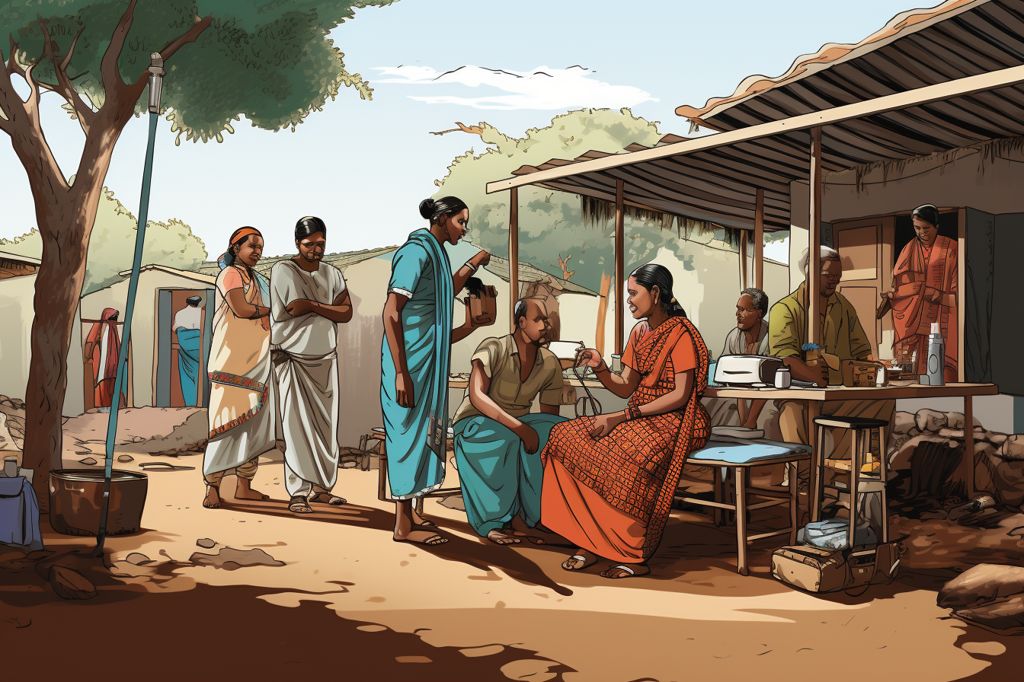As the 2023 Employment Equity reporting season begins, employers are advised to adhere to the existing legislation despite the recent amendments to the Employment Equity Act (EEA) signed by President Cyril Ramaphosa on 6 April 2023. The amended act has yet to come into effect, and employers are expected to report based on their 2023 obligations using the current legislation.
Reporting Deadlines and Reminder Notifications
The Department of Employment and Labour officially opens the 2023 reporting season on 1 September 2023 for both manual and online submissions. Manual reporting will close on 2 October 2023, while online reporting will close on 15 January 2024. Employers will receive reminders with activation links on 31 August.
Effective Date of the Amendments and Implementation Plans
The effective date of the amendments to the EE Act remains pending until the President legally proclaims it. Upon the date’s proclamation, the final sector EE targets and amended EE regulations will be published for implementation.
Employment Equity National Workshop
Employment Equity Director Mamashela spoke at a joint Departmental and CCMA 2023 Employment Equity national workshop in Durban, held at the Southern Sun Elangeni & Maharani Hotel. The workshop aimed to raise awareness on the recently promulgated EE amendments, sector targets, and regulations. It also aimed to reflect on EE’s impact on the labor market, demonstrate the online EE system incorporating amendments, present the CCMA’s case law on EE, and report on EE and Commission for Employment Equity (CEE) Annual Report launch outcomes.
Purpose and Importance of Employment Equity Act
The Employment Equity Act aims to achieve workplace equity by promoting equal opportunity and fair treatment in employment, eliminating unfair discrimination, and implementing affirmative action measures to redress the disadvantages experienced by designated groups. The designated employers must submit annual reports containing the prescribed information, which must be endorsed by the Chief Executive Officer or the designated employer. These reports are considered public documents. Failure to submit an EE report is an offense punishable by a fine. Employers unable to file a report must notify the Director-General in writing, providing reasons for their inability to submit as required by the Act.
Upcoming EE Workshops and Community Address
The upcoming EE workshops will be held in Western Cape, specifically in Cape Town on 13 September 2023, at the Lagoon Beach Hotel & Spa. The workshops target employers, heads of organizations, academics, assigned senior managers, consultative forum members, human resource practitioners, trade unions, employees, and other interested stakeholders. The workshops run from 10:00 am to 2:00 pm and are open to media representatives.
On 31 August, the Employment and Labour Ministry, Thulas Nxesi, and Boitumelo Moloi will address the Chatsworth community and neighboring areas on the recently updated Employment Equity Act, workplace equity, affirmative action, and related topics. The event will take place at Chatsworth’s uMhlathuzana Community Centre in Durban, with departmental services provided from 8:00 am to 4:00 pm. The EE presentation will commence at 10:00 am.








